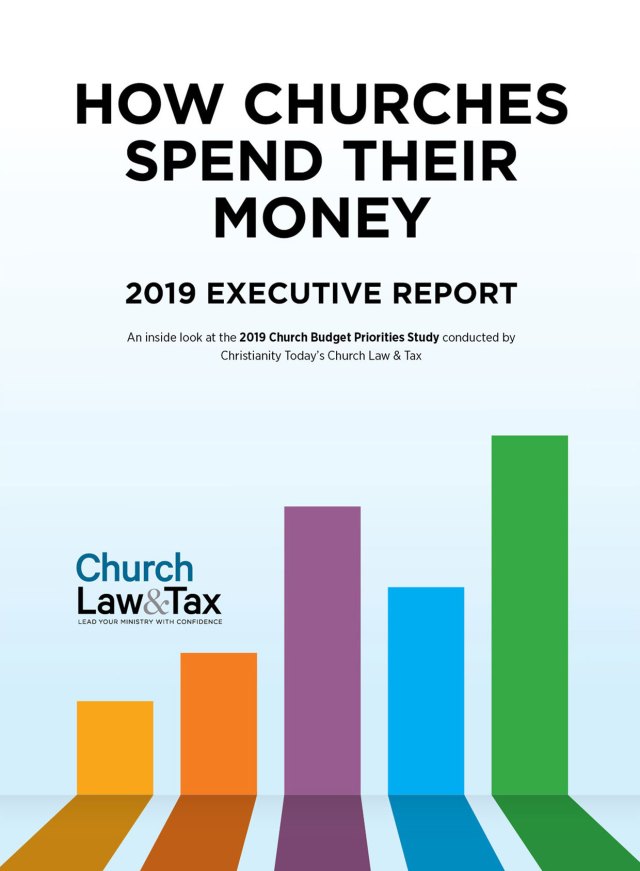Key point 10-11. A church may be legally responsible on the basis of negligent supervision for injuries resulting from a failure to exercise adequate supervision of its programs and activities.
A New York court declined to dismiss a lawsuit brought by a 19-year-old student against her synagogue seeking compensation for injuries she suffered while on a study abroad program in Israel sponsored by the synagogue.
A 19-year-old female member of a Jewish synagogue (the "plaintiff") was a participant in her synagogue's Nativ Program, in which first-year, college-level students live, study, and perform volunteer work in Israel for nine or ten months. The program provided the plaintiff with medical insurance and an insurance card. The plaintiff was also told that program staff would contact doctors, set up appointments, and attend them with her, should the need arise.
In September 2007, while studying at a university in Jerusalem during the first semester of the program, the plaintiff twisted her right knee. She was treated by a doctor who told her that she should return in two weeks if the knee was still bothering her. The pain lasted for one to two weeks, and the plaintiff did not return. This was not the first time the plaintiff had experienced a problem with her knees. In her medical forms for the program, she disclosed that she had arthritis and had worn a knee brace for sore joints "years ago."
For the second semester, the plaintiff lived in Yerucham, a small town in southern Israel, an hour and a half away from Jerusalem, where she performed volunteer work. Still, the plaintiff was not completely on her own. She had a host family in the town, relatives in Jerusalem, and a cell phone that she could use to contact her parents.
On March 5, 2008, while on a trip to a kibbutz in northern Israel, the plaintiff reinjured her right knee when she fell and struck it on the sidewalk while her boyfriend was giving her a piggyback ride. Staff members iced the knee, and on the next day brought her, accompanied by her boyfriend, to a hospital in Be'er Sheva, which was a half-hour away from Yerucham. There, a doctor told the plaintiff that her knee was filled with fluid, and advised her to rest and return in two weeks to get it drained, if it remained swollen. The plaintiff informed her parents about the incident.
On March 12, 2008, the plaintiff, accompanied by a staff member, returned to the hospital and had her knee drained. A few weeks later, the plaintiff, accompanied by an assistant director of the program, met with an orthopedist who diagnosed her with a bone contusion or bruise and for the first time prescribed physical therapy. Surgery was discussed, but the doctor and the assistant director did not think it was a good idea for the plaintiff to undergo surgery in Israel because the closest physical rehabilitation center to Yerucham was in Be'er Sheva.
The plaintiff testified that she asked the assistant director to contact the insurance company to arrange for the prescribed physical therapy and that the assistant director never called because the plaintiff and the program were going back to Jerusalem. The plaintiff claimed that she did not contact the insurance company herself because she believed it was the program's responsibility, she did not have the money for transportation to and from Be'er Sheva, and the insurance company representatives did not speak English.
On May 19, 2008, the program ended, and the plaintiff returned home to New Jersey. The plaintiff sued the synagogue, alleging that it was responsible for her injuries based on its negligence. A trial court dismissed the lawsuit, and the victim appealed.
A state appeals court noted that "to establish a claim for negligence, a plaintiff must show that the defendant owed the plaintiff a duty and breached that duty, and that the breach proximately caused the plaintiff harm." The "threshold question" is whether "a defendant owes a plaintiff a duty of care." The court concluded that "the parties' relationship created a duty to provide the victim with the necessary medical care because not only did the synagogue agree to do so, it was in the best position to protect against the risk of harm." Further, the program
was not an ordinary college or study-abroad program. Indeed, the second semester did not take place in a university environment. Rather, it took place in a small town in the Negev desert, involved volunteering, and was supervised by counselors who did pretty much everything, including responding to medical issues. Under the circumstances, the synagogue exercised a sufficient degree of control over the program to create a duty of care to plaintiff.
The court concluded that the synagogue owed the plaintiff a duty of care that included a duty to facilitate the physical therapy her treating orthopedist in Israel had prescribed.
What this means for churches
Many churches, ministries, and other religious organizations have established study-abroad programs in the Holy Land and elsewhere. This case demonstrates that the host organization may be legally responsible for injuries that occur. In the case of adults, liability may be based on the sponsoring organization's negligence if it has sufficient control over the program and fails to provide necessary medical care to injured participants. In the case of minors, liability may be based on negligence or the legal doctrine of "in loco parentis" which makes organizations liable for injuries to minors over whom they serve "in place of the parents" as a result of a custodial relationship. Katz v. United Synagogue, 23 N.Y.S.3d 183 (N.Y. App. 2016).




